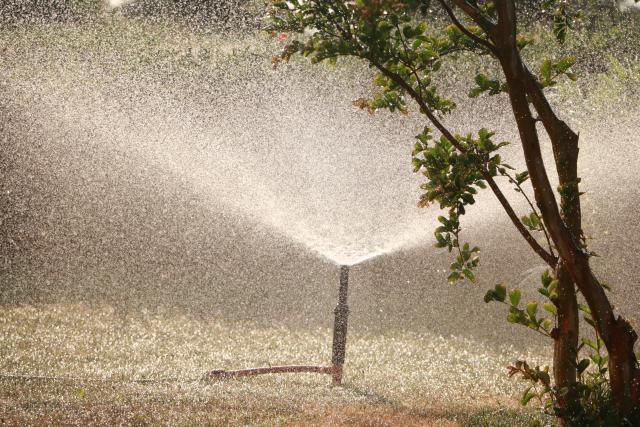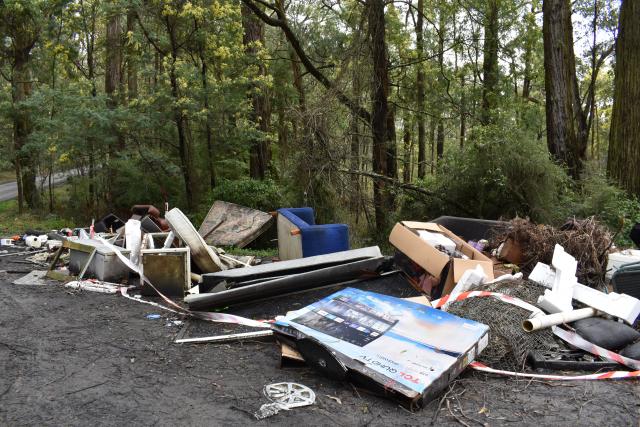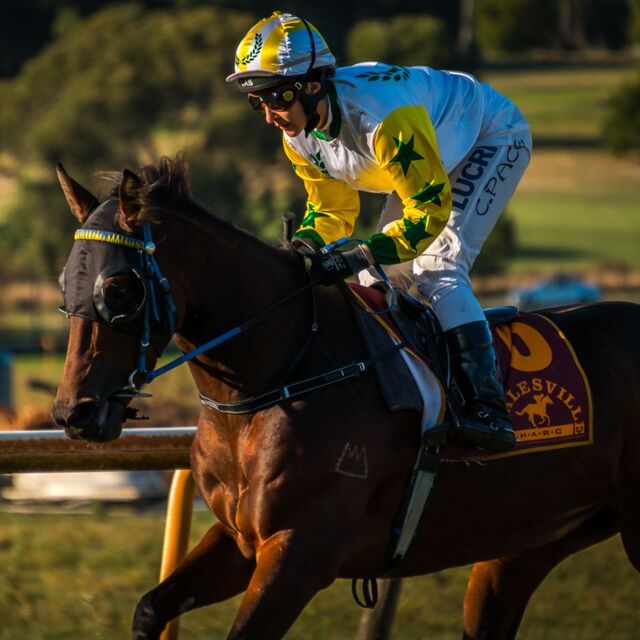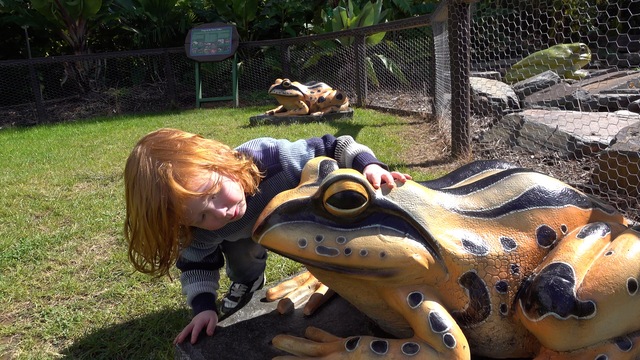This year marks the 110th anniversary of the Gallipoli landing and the 80th anniversary of the end of World War II. For the communities in the Dandenong Ranges, these milestones offer an opportunity to pause, reflect, and recognise the lasting impact of war.
While these anniversaries resonate across the nation, it’s in our local towns like Sassafras, Mount Evelyn and Seville where the memories of those who fought in these wars are most deeply felt.
One such story sits quietly in the hills of Sassafras, where former Prime Minister William ‘Billy’ Hughes once found refuge from the pressures of wartime politics.
Mr Hughes, known for his fierce leadership in World War I, found refuge in his beloved home, ‘Ty Coed,’ during some of the country’s most difficult times.
From his quiet retreat in the Dandenongs, Mr Hughes continued to shape the country’s future – pushing for conscription and helping define Australia’s voice on the global stage. But it wasn’t all politics. Here, he hosted the Prince of Wales, rode horseback through the gullies, and paused for billy tea in the bush.
These small, almost forgotten moments nestled in the Dandenongs’ forest remind us that even leaders – carrying the weight of a nation at war – needed space to breathe.
Mr Hughes’ bond with the Dandenong Ranges adds a deeply human layer to our history. These hills weren’t just home to soldiers – they gave shelter to the decision-makers too, those grappling with choices that would shape countless lives.
In Mount Evelyn, a special tribute was made on Anzac Day in 2015, when the RSL invited descendants of Gallipoli soldiers to lead the town’s march – an emotional gesture that honoured the bond between past and present generations.
“We thought the best way to honour those who were at Gallipoli was to invite their family members to march with a photo or their medals,” Mount Evelyn’s RSL secretary, Anthony McAleer said.
It was a powerful symbol of remembrance, showing how local families continue to carry the stories of their ancestors.
After the dawn service, the community gathered for a shared breakfast, reconnecting not just with history, but with one another – proof that remembrance is just as much about community as it is about commemoration.
The local spirit of remembrance was also captured in 2015 in the Gemco Players’ performance of ‘While Their Names Are Still Spoken’, a raw and emotional play that followed two soldiers – one living, one fallen – as they reflected on war, loss, and whether the sacrifice was worth it.
Set partly on the battlefields and partly in the hills of Emerald, the play didn’t glorify war – it told the truth of it. It gave voice to the pain of families waiting at home, the grief of mates left behind, and the hope that as long as names are spoken at dawn, their memory will live on.
The show struck a deep chord with local audiences and served as a reminder that honouring the Anzacs means remembering the full story, not just the battlefield moments.
As we reflect on these important anniversaries, it’s clear that the echoes of Gallipoli and the world wars still linger across the Dandenong Ranges and the Yarra Valley.
From a prime minister’s quiet escape in the hills to a local march led by proud descendants, or a community theatre where stories of the past come to life, the legacy of war is woven into everyday places.
Remembrance isn’t just found in history books – it lives in local halls, in family conversations over dinner, and in the hush of a dawn service.
It’s in these moments that we honour not only those who served, but the communities who keep their stories alive, generation after generation.







